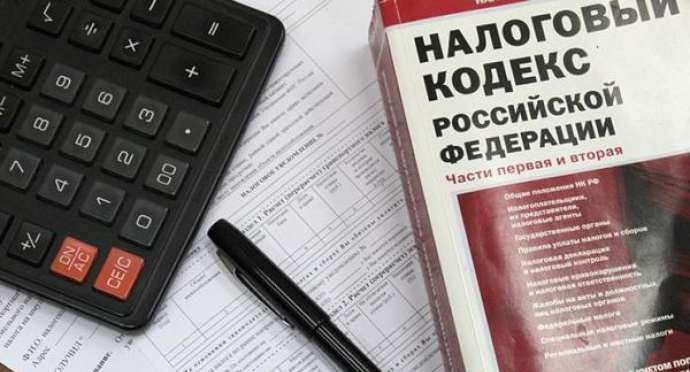Taxes on Forex earnings
Once you've started earning regularly in the forex market, the question naturally arises: do you need to pay taxes on forex?
The answer is clear: yes, if your annual income is only a few tens of dollars, no tax inspector will bother you. But if your profits amount to thousands of dollars, you should definitely consider taxation.
It's best to do this yourself, rather than waiting for a visit from a tax inspector, who isn't always good at calculating accurately.
You'll have to do everything yourself, so it's a good idea to learn what taxes apply to forex trading and the payment procedure.
Forex taxes are the taxation of profits earned from trading, specifically profits minus the overhead costs that facilitated the trading.
Tax type : All profits from forex trading are subject to income tax, with the rate in Russia being 13%. Don't believe tax inspectors' claims that this type of income is classified as gambling, otherwise you'll have to pay much more.
In this case, the interest on the deposit, accrued by the broker on the remaining funds in the account, should be entered in a separate column; the forex profit tax here will be a whopping 35%.
Tax base – you pay on profit, not income, otherwise the total tax payments may exceed your earnings. This refers to the financial result, specifically the difference between the amount of successful and unprofitable transactions.
For example, during the reporting period, 100 trades were made, 35 of which were unprofitable, totaling $3,700, and profitable, totaling $7,800. The net profit is $7,800 – $3,700 = $4,100.
After completing the calculations, we proceed to calculating the tax: $4,100 x 15/100 = $615.
It is clear that the received amount should be converted into rubles at the exchange rate of the Central Bank of Russia.

When to pay – Forex profit tax is paid after the end of the year, no later than April 30 following the end of the reporting period.
Where to pay – you can get information about where to pay your income tax from your local tax inspector. This includes the account number and payment code.
Filing a tax return – after you've calculated your profit, you should begin filling out the tax return itself. It's due by the end of April, but it's best not to delay, as the tax authorities may make some adjustments, so it's best not to do this at the last minute.
Additional documents – it's a good idea to bring additional documents with you to the tax office immediately, as questions will undoubtedly arise. You'll need a printed bank statement for the year, and create a small table of your own, detailing the amount of your losses and profits. A well-designed table will help you prove your case more quickly.
Filing a tax return may seem complicated the first time, but afterward, you'll know all the pitfalls and be able to handle your forex taxes in just a few hours.
How to avoid paying taxes on Forex earnings?
This question is often asked after a trader calculates how much he should pay at the end of the reporting period.
On the one hand, not paying seems wrong, but our reality is that those who pay and always want to be law-abiding are punished, because those who evade must still be caught.
And there is also a completely legal way to avoid paying taxes on Forex earnings and stay within the law.
The same offshore option allows this to be done; its only drawback is the price, since maintaining an offshore company also has its own cost.
That is, if you earn $1,000 a month, it will be easier for you to pay 13% of this amount, but if your income is more than $5,000, you can already think about offshore.
The cost of the issue is about 1000 dollars, this amount includes opening a company and an account in the payment system, and it will cost about the same to maintain the company per year.
That is, if you have to pay 15% or $9,000 in taxes per year on $60,000, then in the case of an offshore company it is only $1,000, the choice is obvious.
It's worth noting, however, that all expenses will still have to be processed through the company, using a corporate card. If you want to transfer funds to your personal account in Russia, you'll be required to pay the dividend tax, which is the same as dividends received. This is again 13% for residents of the Russian Federation.
This means that everything needs to be calculated and weighed ten times in order to make a truly correct and balanced decision.
Another option is to obtain citizenship in one of the offshore zones. This is relatively easy to do, but quite expensive. After this, you become a resident without a tax haven and register with a broker as a resident of, for example, Dominica. After this, all income earned is tax-exempt, as it was earned outside of Dominica.
Whether or not to pay taxes on your Forex earnings is entirely up to you. I personally use the offshore option, as I rarely use free services that typically pay for my taxes.

